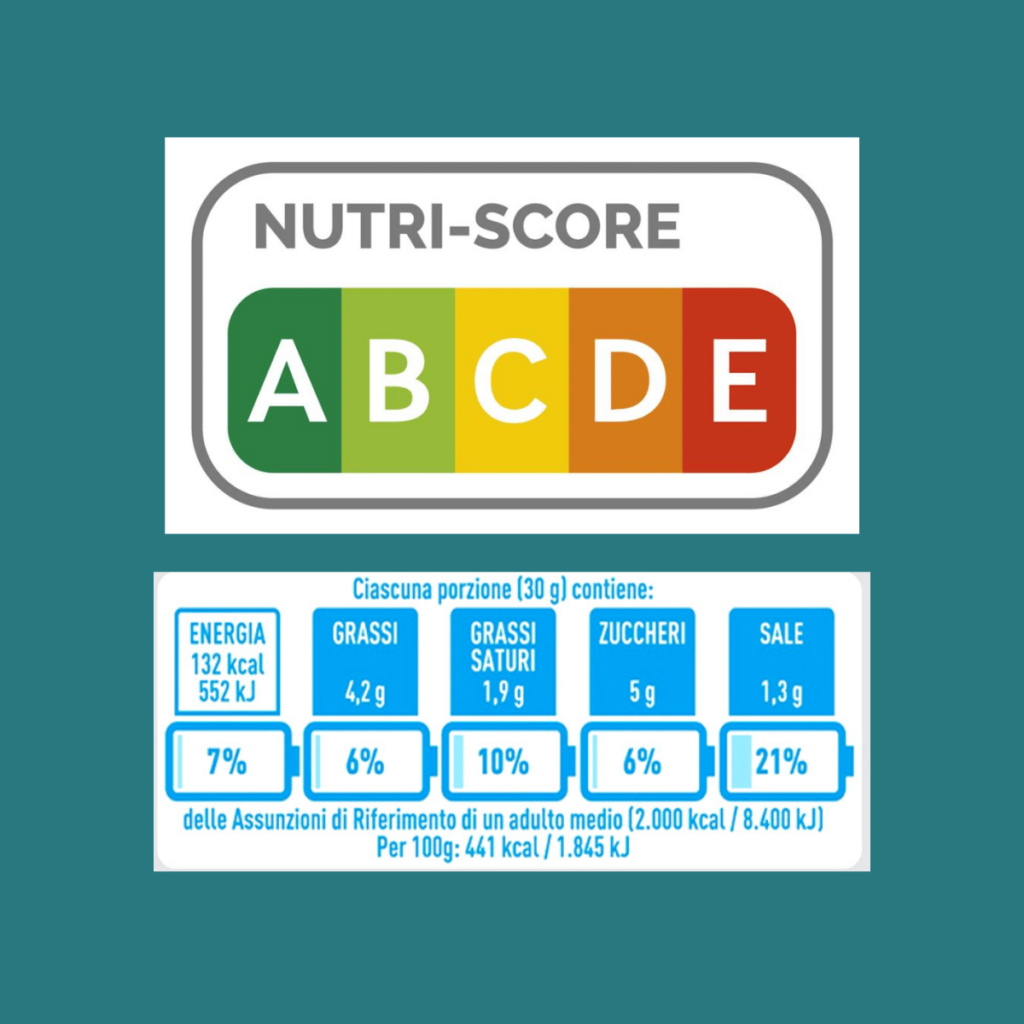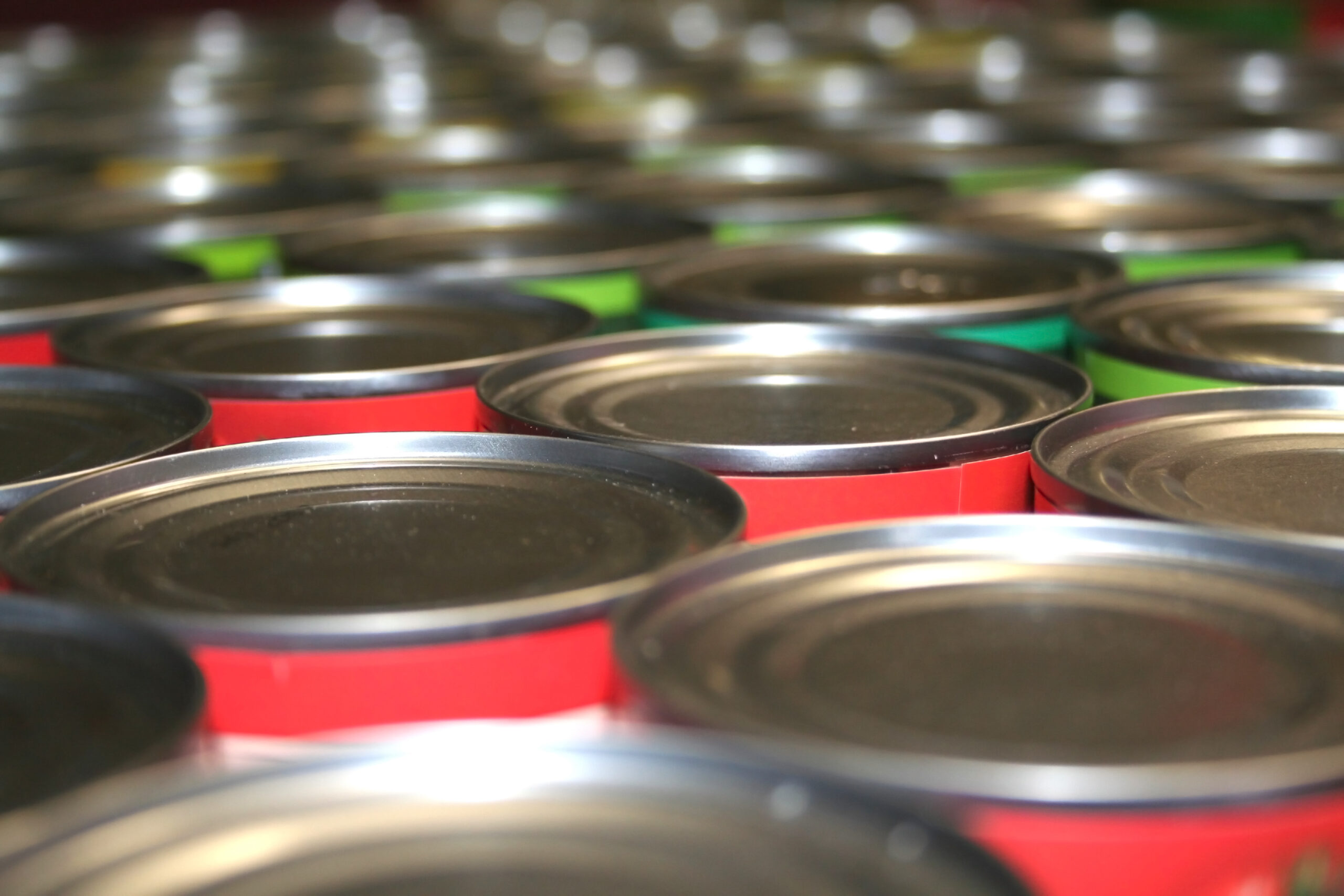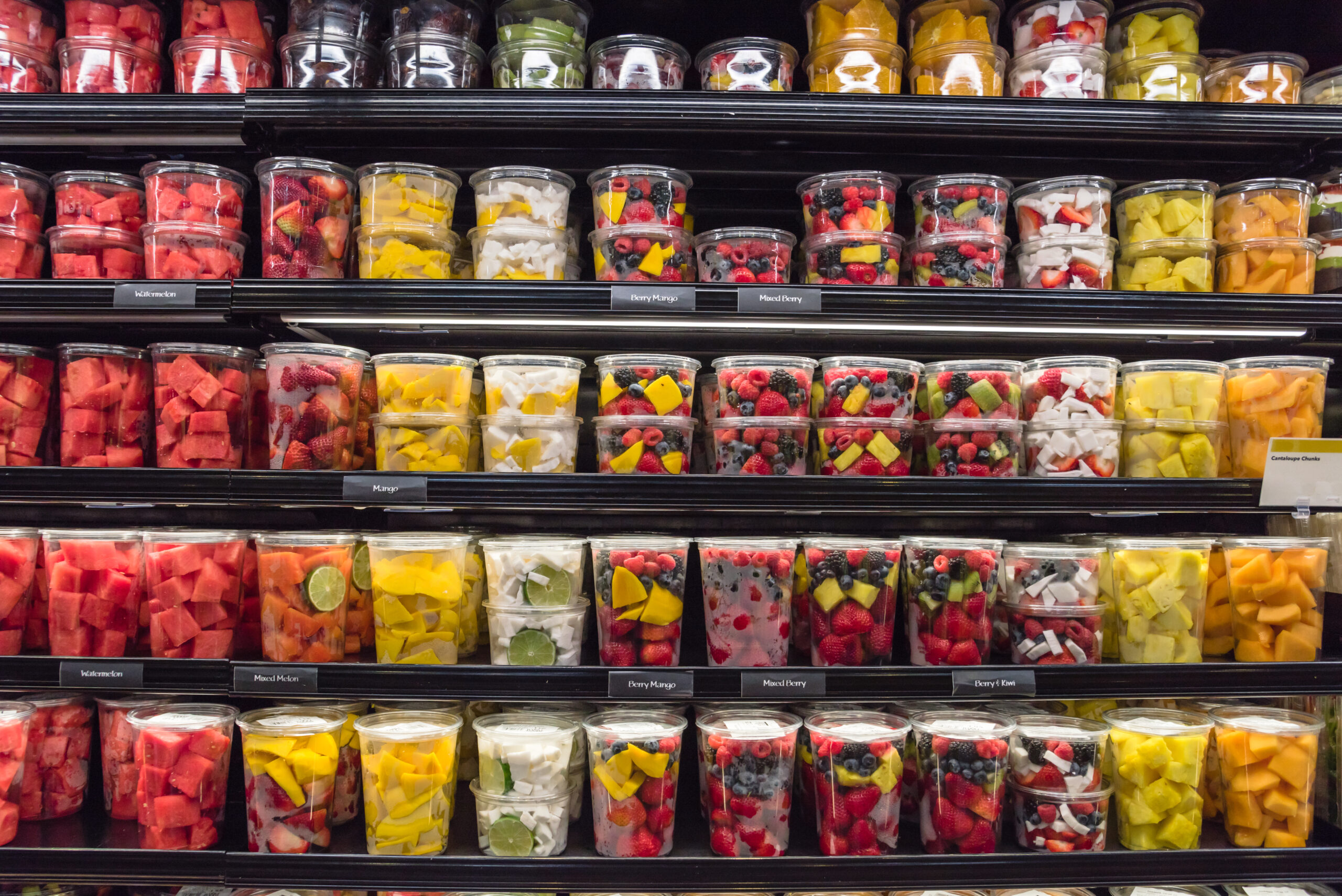By Sureyya Topaloglu, Regulatory Researcher and Regulatory Trends Consultant
Exploring the latest trends in nutrition labeling across Europe reveals a mosaic of approaches, each with its unique backstory and controversies. In our previous exploration, we delved into the growing adoption of the Nutri-Score system and the debates around it. Under Belgium’s EU Presidency, the Nutri-Score labeling system has gained momentum, with countries like the Netherlands and Portugal embracing its potential to empower consumers. Conversely, Italy has opposed Nutri-Score and has implemented its alternative, the NutrInform Battery.
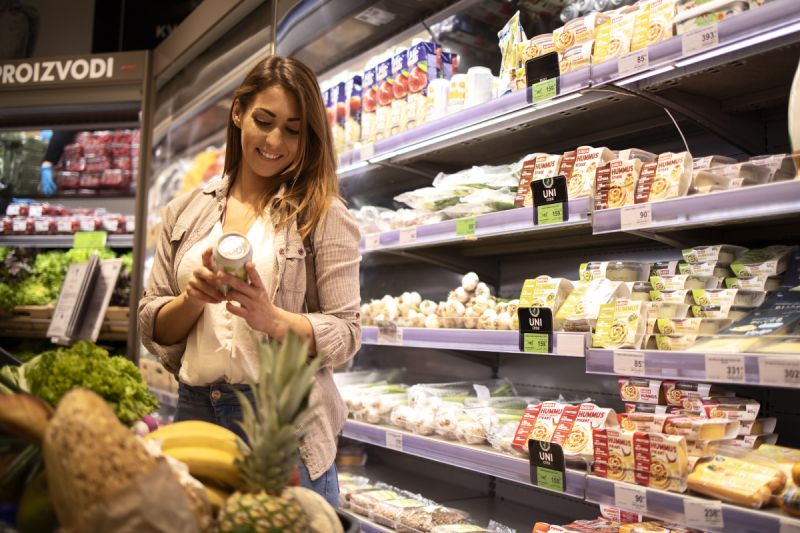
For the most current food and beverage labeling issue coverage every month, subscribe to the FoodChain ID’s monthly report on Food Additives and Labeling.
The Quest for a Unified Nutrition Labeling System for Europe
Introduced in France in 2017, Nutri-Score is a color-coded nutrition labeling system categorizing foods based on their nutritional value for a standardized portion size, with grades ranging from A (green), denoting the healthiest options, to E (red). Belgium’s recent declaration paved the way for potential EU-wide adoption of Nutri-Score, building on its established usage in France, Germany, Spain and Switzerland.
The Dutch Ministry of Health has initiated a public campaign titled “Look, Compare and Choose” aimed at promoting the adoption of the Nutri-Score and encouraging consumers to make informed and healthier choices. However, some members of the Netherland’s nutrition community believe adoption of the system contradicts food-based guidelines. Nevertheless, the national government officially announced its decision as a solution to prevent “health-washing.”
Portugal announced an order for the implementation of the Nutri-Score system as a public health measure to promote healthy eating, becoming the latest EU country to embrace the Nutri-Score. This recent legislation establishes Nutri-Score as the sole official food labeling system in Portugal, replacing various schemes developed by food sector companies in recent years.
NutrInform Battery: An Alternative Nutrition Labeling from Italy
Italy, known for its strong opposition to Nutri-Score, has proposed an alternative approach with NutrInform nutrition labeling. NutrInform displays the percentage of nutrients and energy with a battery symbol to show the serving in relationship to daily recommendations. The Italian Ministry of Health published an electronic form for adherence to the NutrInform logo, including an app for the easier use of NutrInform Battery system.
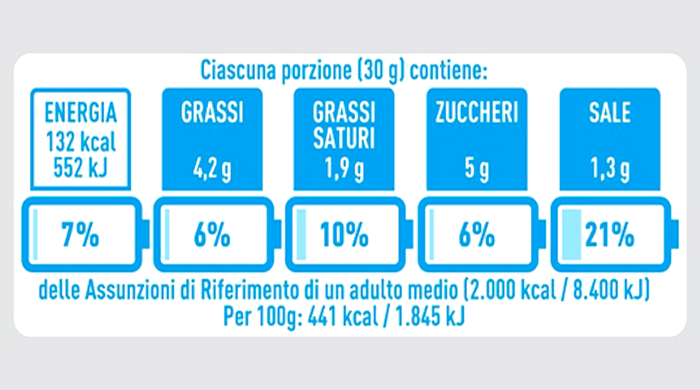
The Ministry of Food Sovereignty and Forestry stressed defending the national agri-food system against deceptive labeling since the Nutri-Score labeling system has the potential to label traditional foods like cheese and olive oil unfavorably. Italy has strong support from some other EU member states such as Romania, which banned the Nutri-Score system last year.
Insights and Final Thoughts
The Nutri-Score and NutrInform Battery are both front-of-pack nutrition labeling systems designed to help consumers make healthier food choices, but they differ in their approach and presentation. Nutri-Score provides a color-coded grading system to indicate the overall nutritional quality of a food product, while NutrInform Battery offers a detailed breakdown of nutritional components in a battery-like symbol with numeric values, without assigning a single overall grade.
In summary, each system has its strengths and may appeal to different types of consumers based on their preferences and needs. Any labeling system should transparently disclose a food’s content in a simple manner to facilitate and not confuse consumers in their diet choices.


